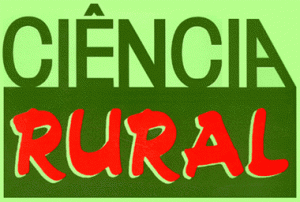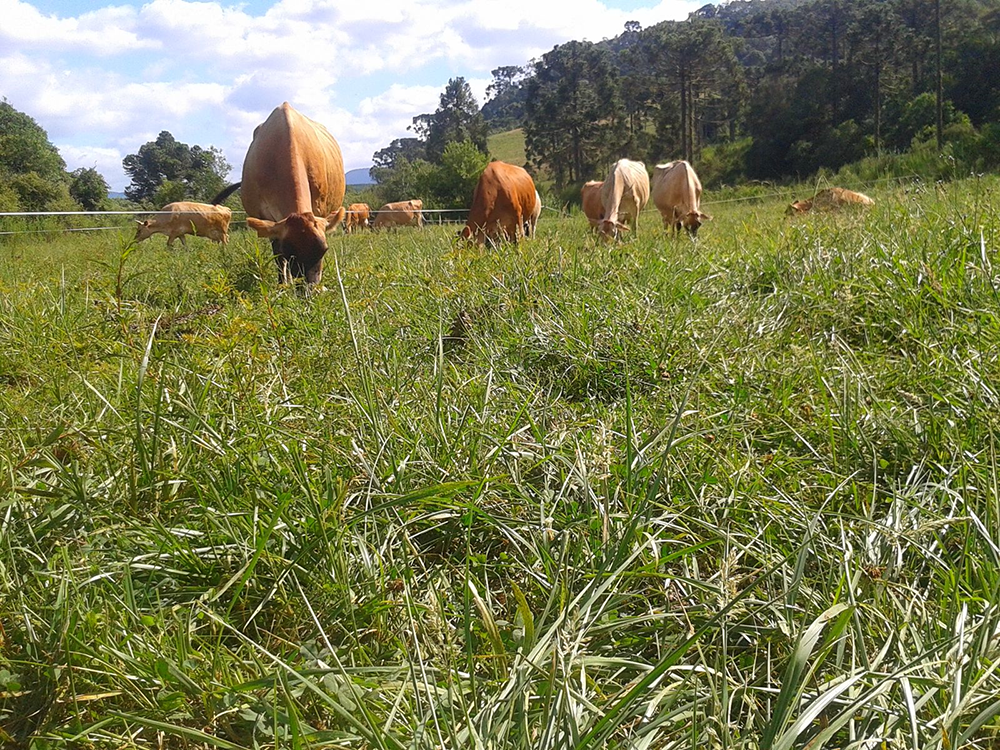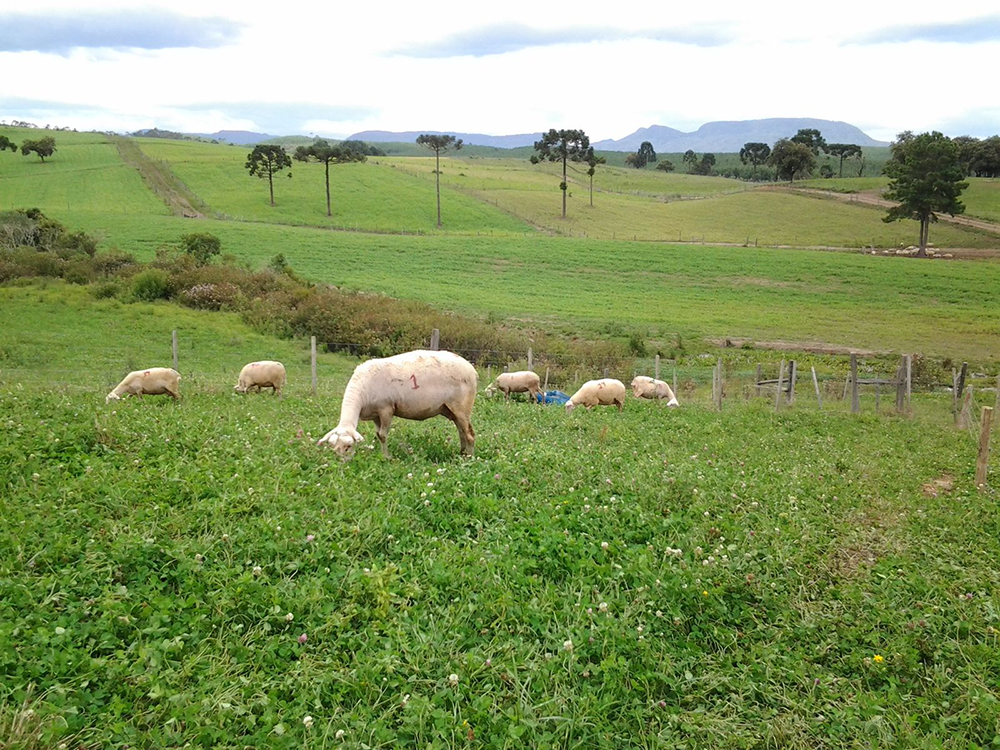Maria Luiza De Grandi, journalist at Ciência Rural, Santa Maria RS, Brazil.
Henrique Ribeiro-Filho, associate professor at Universidade do Estado de Santa Catarina (UDESC), Lages, Santa Catarina, Brasil.
The diets managed during dairy cattle and sheep farming have impacts on the composition of the milk produced, especially with regard to fatty acids. In this sense, the use of condensed tannins (CTs) in ruminant diets has been proposed as a tool to bring nutritional and environmental advantages in livestock systems (ALVES et al., 2017; KOZLOSKI et al., 2012).
Seeking a better understand of CTs, researchers associated with the Postgraduate Program in Animal Science at the Universidade do Estado de Santa Catarina (UDESC – Lages) and Embrapa Gado de Leite in Juiz de Fora, Minas Gerais, evaluated the effects of the tanning extract of Acacia mearnsii, or black acacia, on the fatty acid profile of milk from sheep and dairy cows. The article Fatty acid composition in the milk of cows and sheep supplemented with tanning extract of black acacia was published in Ciência Rural (vol. 53, no. 12).
To investigate the hypothesis that A. mearnsii tannin extract can improve the fatty acid composition of milk from both ruminant species, 24 sheep and 30 lactating cows were fed diets without the inclusion of acacia tannin extract or with levels inclusion ranging from 30 to 40 g/kg of concentrated food for a three-months period. In the last week of each month, individual milk production was recorded, and samples were collected to determine the milk’s fatty acid profile.
According to the research, the results indicate that the use of black wattle tannin extract as a dietary additive for ruminants improves the nutritional quality of milk fat produced by sheep, without any adverse effect on animal performance or the quality of milk produced by cattle. “The study demonstrated that the food additive tested can contribute to obtaining sheep milk with a fat profile of better nutritional quality for human consumption”, explains Henrique Ribeiro Filho, one of the research authors.
In practice, the evaluated extract can be purchased directly from companies specialized in its production and used in the diets of lactating animals, enabling the final product to have greater added value due to its nutritional quality. “The main objective of the research was achieved, as it became clear that, in order to improve the nutritional quality of milk fat, the product has greater potential for use in sheep milk production systems”, concludes the researcher.
References
ALVES, T.P., et al. The effects of supplementing Acacia mearnsii tannin extract on dairy cow dry matter intake, milk production, and methane emission in a tropical pasture. Tropical Animal Health and Production [online]. 2017a, vol. 49, pp.1663–1668 [viewed 17 April 2024]. https://doi.org/10.1007/s11250-017-1374-9. Available from: https://link.springer.com/article/10.1007/s11250-017-1374-9
KOZLOSKI, G.V., et al. Intake, digestibility and nutrients supply to wethers fed ryegrass and intraruminally infused with levels of Acacia mearnsii tannin extract. Small Ruminant Research [online]. 2012, vol. 106, pp.125–130 [viewed 17 April 2024]. https://doi.org/10.1016/j.smallrumres.2012.06.005. Available from: https://www.sciencedirect.com/science/article/abs/pii/S0921448812002477
External links
Ciência Rural – CR: https://www.scielo.br/cr/
Ciência Rural – Site: http://coral.ufsm.br/ccr/cienciarural/
Ciência Rural – Social Media: Twitter | Facebook | Instagram
Como citar este post [ISO 690/2010]:




















Recent Comments